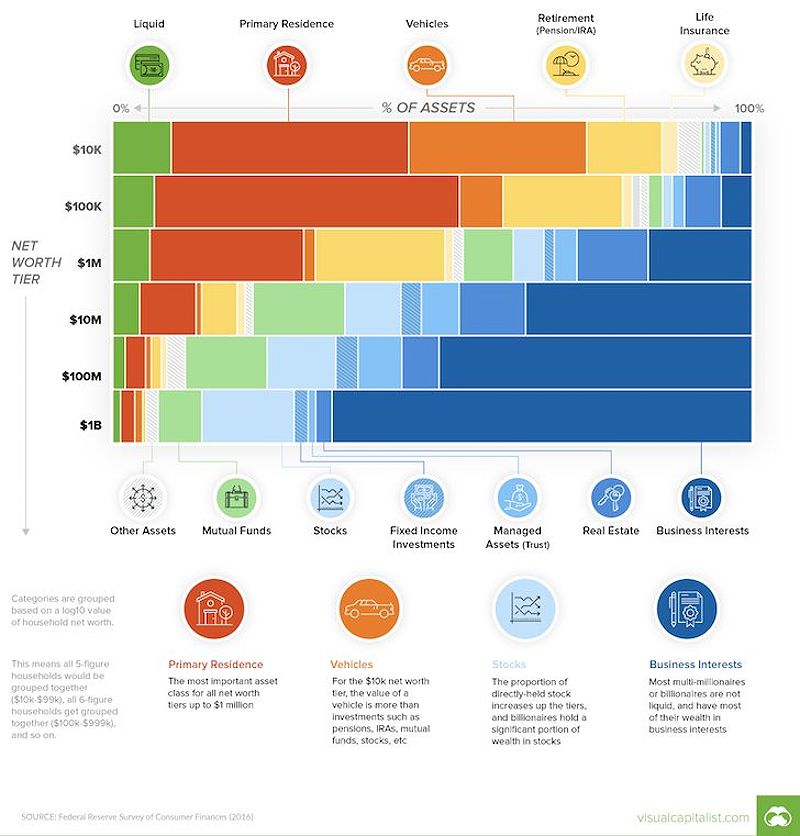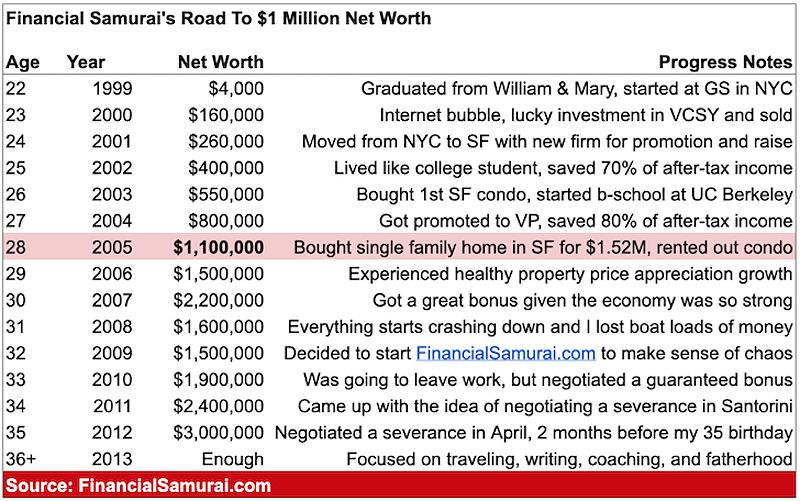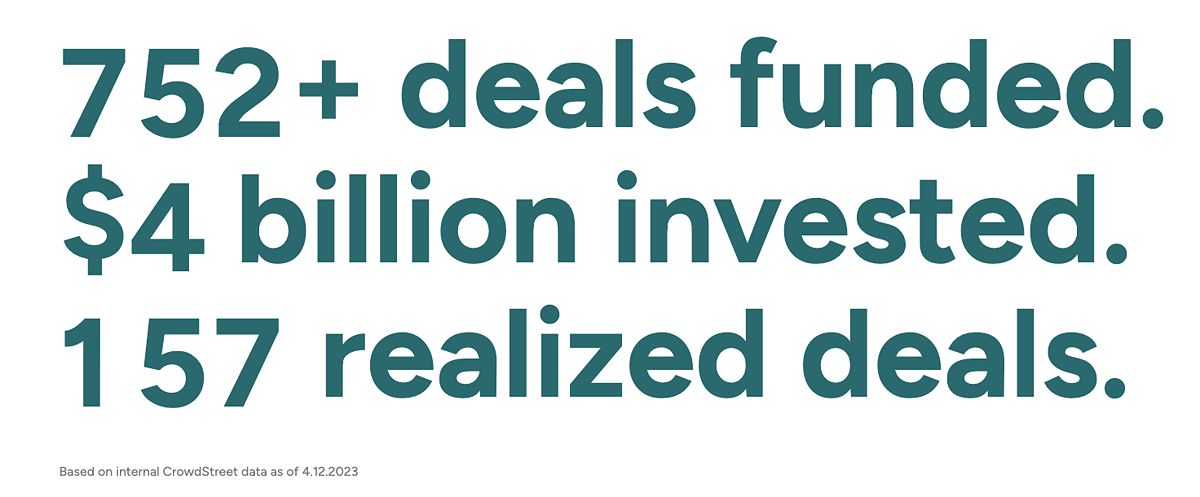In today’s fast-paced world, the dream of becoming a millionaire by the age of 30 seems like an ambitious goal, but it is an attainable reality for many young investors. The key to unlocking this financial success often lies in the strategic use of one of the most powerful wealth-building tools available: real estate.
As a young professional, you may find yourself grappling with the daunting question of how to make a million dollars. The good news is that by harnessing the unique advantages of real estate investing, you can put yourself on the path to achieving this coveted milestone well before your thirties.
Real estate offers a unique combination of leverage, appreciation, and passive income that can turbocharge your journey to financial independence. By starting your investment journey early and leveraging the power of compounding, you can harness the full potential of real estate to make your first million dollars.
In this comprehensive guide, I’ll share proven real estate strategies that are specifically tailored for ambitious young investors seeking to reach the million-dollar milestone by age 30. Get ready to embark on an empowering journey towards financial freedom and unlock the secrets to making a million dollars through smart real estate investments.
The Transformative Power of Real Estate for Young Investors
Real estate is a versatile and lucrative asset class that has the potential to revolutionize your financial future. As a young investor, you possess a distinct advantage when it comes to harnessing the wealth-building capabilities of real estate.
Leverage and Appreciation: Amplifying Your Returns
One of the key benefits of real estate is the ability to utilize leverage. By making a relatively small down payment, you can control a significantly larger asset, amplifying your potential returns. Consider this scenario: you purchase a property valued at $300,000 with a 20% down payment of $60,000. If the property appreciates by just 3% annually, in ten years, your investment could be worth over $450,000. This illustrates how a modest initial investment can yield substantial returns over time.
Moreover, real estate has a long history of appreciation, with average annual gains of 3-5% nationwide. Over time, this compounding effect can lead to staggering wealth accumulation. The longer you hold onto your property, the more you can benefit from appreciation, which is particularly advantageous for young investors who have time on their side.

Passive Income and Cash Flow: Securing Your Financial Future
Real estate can also provide a steady stream of passive income through rental properties. Savvy investors can generate positive cash flow from their rental properties, which can help offset mortgage payments and eventually provide a reliable source of income. This passive income can be reinvested or used to fund your lifestyle, giving you the financial freedom to pursue other endeavors.
For instance, if you purchase a rental property that generates $1,500 per month in rent, and your monthly expenses (mortgage, taxes, maintenance) total $1,200, you’ll enjoy a positive cash flow of $300 each month. Over time, this income can accumulate, allowing you to reinvest it into additional properties or other investment vehicles.
The combination of leverage, appreciation, and passive income makes real estate a powerful tool for young investors seeking to build wealth rapidly and achieve the coveted million-dollar net worth by age 30.
How to Make a Million Dollars: Proven Real Estate Strategies for Building Wealth by 30
As a young investor, you have several real estate investment strategies at your disposal. Let’s explore some of the most effective approaches to help you reach your million-dollar goal.
Fix and Flip: Transforming Undervalued Properties
The fix-and-flip strategy involves purchasing undervalued properties, renovating them, and then reselling them for a profit. This approach can generate significant returns in a relatively short period, provided you have the skills, resources, and market knowledge to execute it effectively.
To succeed with fix-and-flip investments, focus on identifying properties with untapped potential. Look for homes that are outdated or in need of repairs but are located in desirable neighborhoods. Accurate budgeting for renovation costs is crucial; ensure you have a solid plan that accounts for both expected and unexpected expenses. Additionally, timing your sales strategically to capitalize on market trends can enhance your profits.
With careful planning and execution, you can potentially earn $30,000 to $70,000 per flip, allowing you to reinvest those profits into your next project. However, it’s important to understand the risks involved, such as market fluctuations and the possibility of overspending on renovations or encountering unexpected delays.

Rental Property Investment: Generating Passive Income and Long-Term Appreciation
Building a portfolio of rental properties is a time-tested strategy for wealth creation. By acquiring well-located properties and securing reliable tenants, you can generate passive income and benefit from long-term appreciation. The key is to carefully analyze potential investments, screen tenants thoroughly, and consider property management services to streamline the day-to-day operations.
When selecting rental properties, focus on areas with strong rental demand, good schools, and amenities. These factors can help ensure your property remains occupied and maintains its value over time. As your portfolio grows, the income generated from these properties can significantly contribute to your net worth.
Over time, the combination of rental income, mortgage paydown, and property value appreciation can create a substantial asset base that contributes to your million-dollar net worth by age 30.
Real Estate Crowdfunding: Accessible Opportunities for Young Investors
For young investors with limited capital, real estate crowdfunding platforms offer an accessible entry point into the world of real estate investing. These platforms allow you to invest in fractional shares of diversified real estate portfolios, reducing the barriers to entry and providing exposure to a wider range of opportunities.
Real estate crowdfunding can be an efficient way to build a diversified real estate portfolio and potentially generate attractive returns without the hands-on management responsibilities of traditional property ownership. You can invest in various projects, from residential developments to commercial properties, which can help mitigate risk while enhancing your potential returns.
Platforms that facilitate real estate crowdfunding enable you to participate in commercial and residential real estate projects with as little as $10. This democratization of real estate investing allows you to start building your portfolio early, even if you don’t have the capital for a full property purchase.



Financing Your Real Estate Investments: Unlocking Opportunities
Securing favorable financing is crucial when embarking on your real estate investment journey. As a young investor, it’s essential to understand the various financing options available and how to navigate the process effectively.
Focus on building a strong credit score, which will help you secure the best mortgage rates and terms. Additionally, consider leveraging programs like FHA loans, which are designed to assist first-time homebuyers with low down payment requirements. These loans can help you enter the market without needing a large upfront investment.
Maintain a healthy debt-to-income ratio, as this will be a key factor in your loan approval and the amount you can borrow. By negotiating mortgage rates and exploring creative financing strategies, you can maximize your purchasing power and minimize the impact of debt on your long-term wealth-building goals.
Understanding Mortgage Terms: Navigating the Options
When financing your real estate investments, it’s essential to understand the various mortgage terms and options available. Fixed-rate mortgages, adjustable-rate mortgages, and interest-only loans each have unique benefits and drawbacks that can significantly impact your investment strategy.
For example, a fixed-rate mortgage offers stability, as your interest rate remains constant throughout the life of the loan. This can be particularly advantageous in a rising interest rate environment. Conversely, adjustable-rate mortgages may offer lower initial rates, but they come with the risk of increasing payments over time, which can affect your cash flow.
Choosing the right mortgage product can make a significant difference in your investment returns, so take the time to research and compare your options before making a decision.
Managing Your Real Estate Investments: Maximizing Profitability
Successful real estate investing requires diligent property management and a keen eye for maintaining your assets. Regularly inspect your properties, perform preventative maintenance, and establish clear lease agreements with reliable tenants.
Consider hiring a professional property management company, especially as your portfolio grows, to handle the day-to-day tasks and ensure a hands-off approach. This can free up your time to focus on identifying new investment opportunities and growing your overall wealth.
Building Strong Tenant Relationships: The Key to Stability
Effective communication with tenants can lead to longer lease terms and reduced turnover, which ultimately enhances your cash flow. Be responsive to tenant concerns and maintain a good rapport, as satisfied tenants are more likely to take care of your property and renew their leases.
Additionally, consider implementing clear policies regarding maintenance requests, rent collection, and lease renewals. Establishing a structured approach can help minimize misunderstandings and create a positive tenant experience.
Remember to take advantage of the tax benefits associated with rental properties, such as depreciation deductions, to further enhance your investment returns. Understanding these tax advantages can help you maximize your profitability and achieve your financial goals more efficiently.
FAQ
Q: How much money do I need to start investing in real estate?
A: The amount of capital required to start investing in real estate can vary, but generally, you’ll need a down payment of at least 20% of the property’s value to obtain traditional financing. However, there are programs like FHA loans that allow first-time homebuyers to purchase a property with as little as 3.5% down.
Q: What are the best locations for real estate investment?
A: When selecting investment properties, focus on markets with strong population growth, job opportunities, and rental demand. Consider secondary “18-hour” cities that offer lower property values and higher rental yields compared to primary metropolitan areas. Factors like school districts, transportation, and local amenities can also impact the long-term value of your investments.
Q: How can I learn more about real estate investing?
A: Educating yourself is a crucial first step in becoming a successful real estate investor. Explore real estate investing books, podcasts, and online resources to deepen your understanding of the industry. Attend local real estate meetups and network with experienced investors to gain valuable insights and build your knowledge base.
Q: What are the tax implications of real estate investing?
A: Real estate investing offers several tax advantages, including the ability to deduct mortgage interest, property taxes, and certain expenses associated with property management. Additionally, depreciation can significantly reduce your taxable income. It’s advisable to consult with a tax professional to understand how to maximize these benefits.
Conclusion
By leveraging the power of real estate, ambitious young investors have a unique opportunity to build substantial wealth and potentially achieve the coveted million-dollar net worth by age 30. Through strategies like fix-and-flip, rental property investment, and real estate crowdfunding, you can harness the benefits of leverage, appreciation, and passive income to accelerate your journey to financial freedom.
Remember, the key to success in real estate investing is to start early, educate yourself, and develop a long-term, disciplined approach. With the right mindset and strategies, you can transform your financial future and become a millionaire well before your thirties.
So, what are you waiting for? Begin your real estate investment journey today, take the first steps toward becoming a millionaire by 30, and watch your financial dreams come to fruition. The path to making a million dollars is within your reach — all it takes is the courage to take the first step.
